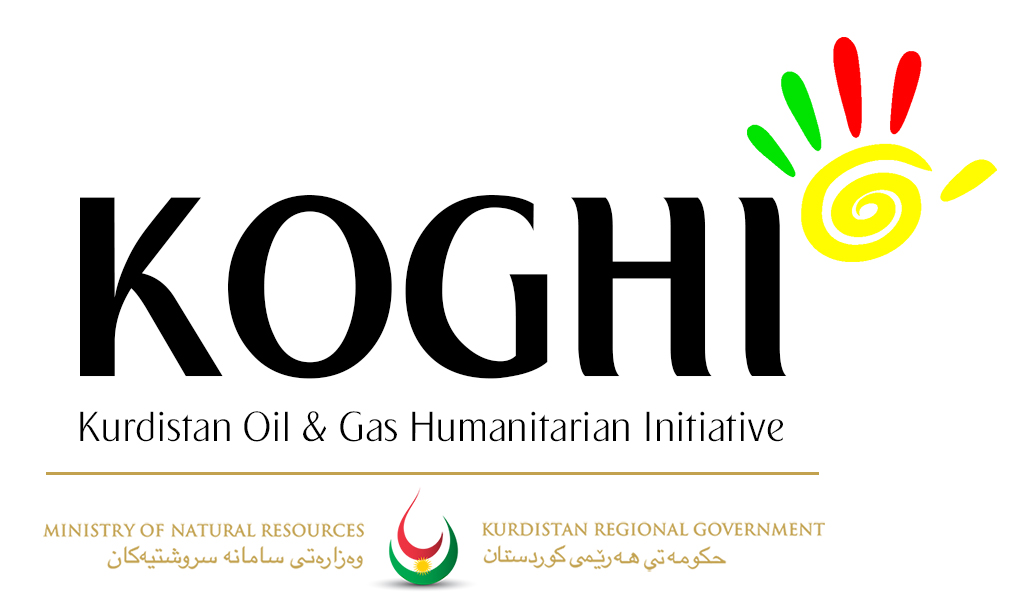
The Kurdistan Oil & Gas Humanitarian Initiative (KOGHI) was launched in September by Minister Hawrami at a meeting with the oil and gas companies operating in the Kurdistan Region.
It aims to provide emergency relief from the oil industry in Kurdistan to the large number of refugees and displaced people who have flooded into the Region in recent months following the unrest in Syria.
The KRG, international aid agencies, NGOs and local citizens have all risen to the challenges posed by such a large influx of displaced people, but much more is needed in the way of practical aid to help the Kurdistan Region cope with the scale of the crisis, especially given the current harsh winter conditions.
The KRG Council of Ministers asked the Ministry of Natural Resources to put the request to the oil and gas companies, as long-term partners of the Kurdistan Region that can play a role in contributing to the relief efforts.
At the meeting, Minister Hawrami said: “Although the KRG has already allocated 10 million US dollars-equivalent in fuel supplies and some 25 US million dollars of capacity-building funds for emergency assistance, given the huge scale of the crisis and the number of refugees arriving daily we all need to work together to provide more urgently needed help.”
Minister Hawrami set a goal of raising an additional US$50 million of funds from the industry. In addition to the funds already committed by the KRG, Minister Hawrami said the government would match “dollar for dollar” any contributions from the oil sector.
He added, “I am pleased that in our meeting the oil and gas companies agreed to help fund the humanitarian relief effort. Their assistance will make a big difference to the lives and well-being of the refugees and also help the communities in which they are located.”
KOGHI also has the support of the United Nations High Commission for Refugees (UNHCR).
William Tall, head of UNHCR in the Kurdistan Region and northern Iraq, said that there were similar oil industry initiatives around the world in times of crisis, and he cited his experiences with Azerbaijan after the fall of the former communist regime. He also commended the KRG’s efforts in responding to the refugee crisis, describing them as “exceptional.” But he explained that with the winter approaching and more refugees arriving, the situation is “not sustainable without further help.”
Current estimates by the KRG and UNHCR put the number of displaced people in the Region at over 250,000. Roughly half have been accommodated in temporary camps, but a significant number have filtered into villages, towns and cities, where they are often struggling on the margins.Winter is upon us; more funds are needed. If your company would like to make a contribution to KOGHI or would like more information, please write to KOGHI@mnr.krg.org
Under KOGHI, contributions from oil and gas companies are made directly to the international aid organizations and NGOs that are involved in the refugee aid effort.
Click the NGOs page to see a list of NGOs supporting the Syrian Refugee Response in the Kurdistan Region – Iraq.
- Details
- Category: Top Stories
- Published: 10 February 2014
- Hits: 7088